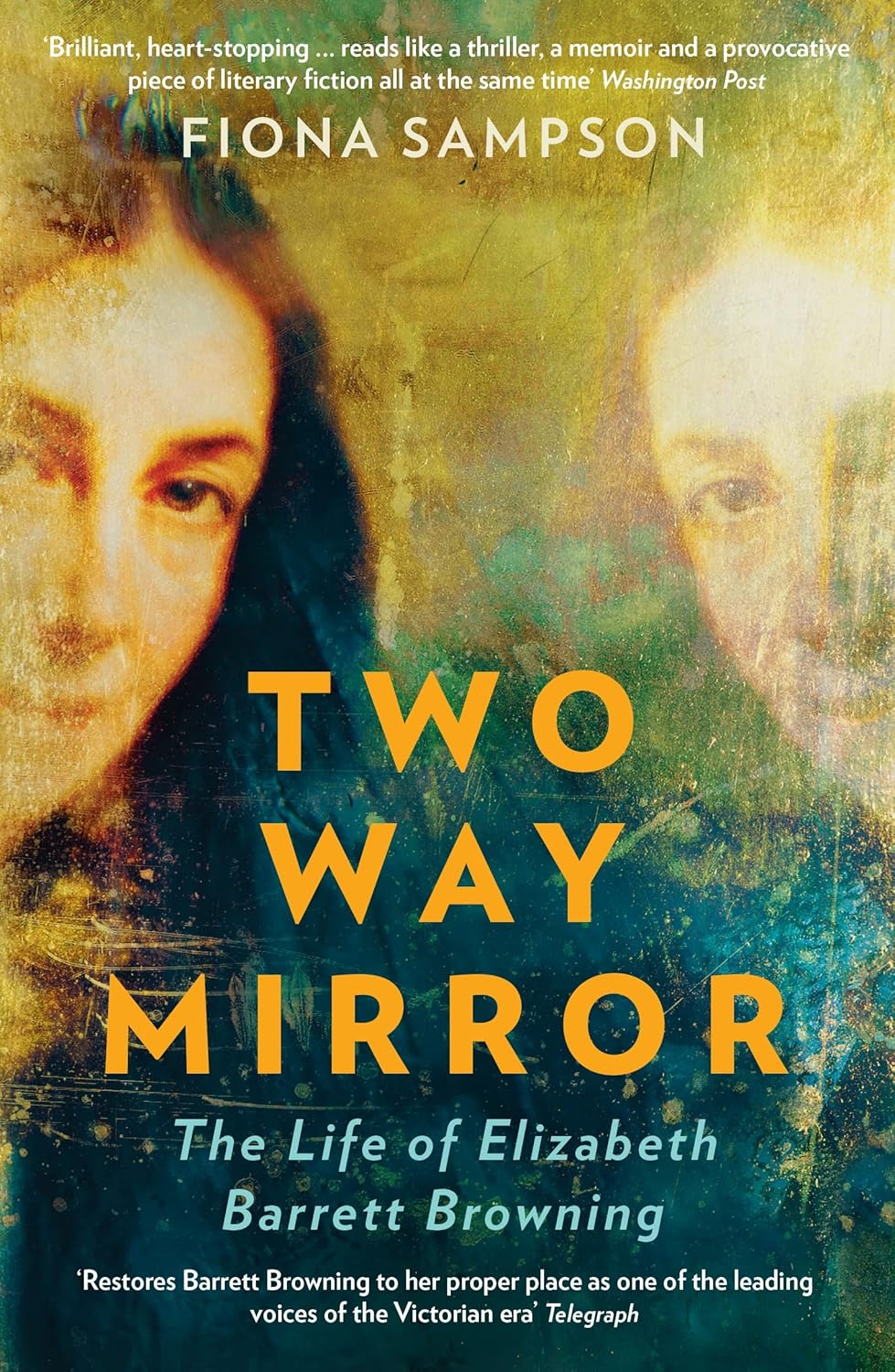‘How do I love thee? Let me count the ways,’ Elizabeth Barrett Browning famously wrote, shortly before defying her family by running away to Italy with Robert Browning. But behind the romance of her extraordinary life stands a thoroughly modern figure, who remains an electrifying study in self-invention. Elizabeth was born in 1806, a time when women could neither attend university nor vote, and yet she achieved lasting literary fame. She remains Britain’s greatest woman poet, whose work has inspired writers from Emily Dickinson to George Eliot and Virginia Woolf. This vividly written biography, the first full study for over thirty years, incorporates recent archival discoveries to reveal the woman herself: a literary giant and a high-profile activist for the abolition of slavery who believed herself to be of mixed heritage; and a writer who defied chronic illness and long-term disability to change the course of cultural history. It holds up a mirror to the woman, her art – and the art of biography itself. Finalist for the Plutarch Prize Finalist for the PEN (US) / Jacqueline Bograd Weld Award for Biography Washington Post 2021 Book of the Year New York Times Review of Books Editors’ Choice Sunday Times Best Paperback of 2022
‘Brilliant, heart-stopping … reads like a thriller, a memoir and a provocative piece of literary fiction all at the same time … magical and compelling’
Washington Post
‘There is more to this biography than simply access to new material… Two-Way Mirror pushes back on the neglect, bordering on amnesia, that has descended on a poet once widely celebrated and still capable today of chilling readers with a sudden plunge from the shared everyday into frightening depths of feeling… Sampson sympathizes with what it cost Barret Browning to become a poet. More than that, she hopes to inspire a new generation of readers, so that the price will have been worth it, after all.’
John Plotz, New York Times Book Review
‘[A] brilliant, heart-stopping biography [that] reads like a thriller, a memoir and a provocative piece of literary fiction all at the same time… [Sampson’s] authorial asides are always helpful, often provocative and sometimes outright funny. Most importantly, they help Barrett Browning seem more alive, as the two poets’ voices often intertwine on the page… [‘Two-Way Mirror’ is] a vividly drawn exchange between a living poet and a dead one… Throughout this magical and compelling book, Sampson shows us that we, too, can speak to the dead, or, at the very least, we can listen to their words.’
Charlotte Gordon, Washington Post
‘Sampson’s passionate and exacting biography of Elizabeth Barrett Browning is a surprisingly compact volume, a bristling lyric sandwich of philosophy and action. It is also a page-turner.’
Martina Evans, Irish Times
‘[Two-Way Mirror] restores [Barrett Browning] to her proper place as one of the leading voices of the Victorian era. . . . This book is an empathetic—and much-needed—reassessment which tells a fascinating story. ‘
Lucasta Miller, Telegraph
‘Fiona Sampson’s vivid new biography gives us Elizabeth Barrett Browning as busy and ambitious rather than a swooning sleeping beauty. . . . [B]eautifully told. It is high time that Elizabeth Barrett Browning and Aurora Leigh were once again household names. ”
Frances Wilson, Daily Mail
‘Sampson uses both ‘Aurora Leigh’ and a complex, contemporary lens to understand how Barrett Browning defined herself, and why her struggles speak to our own. The result is a powerful restoration of the poet’s reputation and legacy.’
Elizabeth Lund, Christian Science Monitor
‘A welcome update that avoids sensationalism to pursue a more complex history of a much-loved literary figure. —’
Library Journal, starred review
‘Sampson sensitively elucidates how Barrett Browning’s unusual life shaped her imagination and social consciousness. . . . [A] gleaming two-way mirror reflecting Barrett Browning and her profound and extraordinary oeuvre.’
Booklist, starred review
‘Sampson reintroduces Browning to a 21st-century audience, puts the more notorious aspects of the poet’s life in perspective, and makes the case that Browning was one of the great poets of her age. . . . An acute and insightful study of the life and work of a pathbreaking 19th-century poet.’
Kirkus Reviews
‘This account shines when breaking the mythologies that surround Barrett Browning’s reputation. . . . [A] refreshing portrait of the poet as an empowered woman.’
Publisher’s Weekly
‘This superb biography rescues Elizabeth Barrett Browning’s work from the dustbin of Victorian sentimentality to which her poems have been wrongly consigned for the better part of a century. Peeling back layers of myth, misogyny and critical dismissal, Fiona Sampson allows us to see anew an extraordinary woman whose crowning book-length poem, Aurora Leigh, traces, for the first time in our language, the way a woman became a writer. . . . Sampson’s engaging, deeply intelligent book, which at last gives Barrett Browning her due, is a profound inquiry, a vindication, and a delight.’
Mark Doty, author of What Is the Grass: Walt Whitman in My Life

